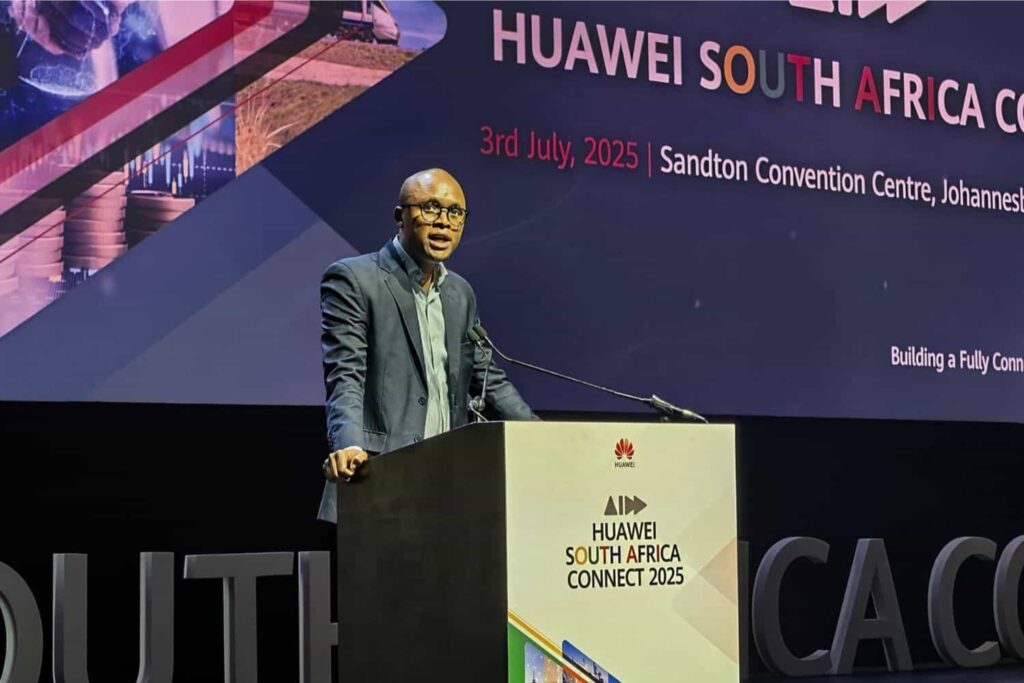
Minister of Communications and Digital Technologies, Solly Malatsi. Picture: X/@SollyMalatsi
Minister of Communications and Digital Technologies Solly Malatsi says at least 23 million South Africans are still not connected to broadband, leaving them unable to access opportunities in the digital economy and beyond.
In October last year, Malatsi initiated bold plans to expand broadband connectivity across the country.
Policy direction
He intended to issue a policy direction to the Independent Communications Authority of South Africa (ICASA) in terms of section 3(2) of the Electronic Communications Act, to clarify his department’s position on the recognition of equity equivalent programs, for urgent consideration.
The minister said the initiative aims to significantly expand access to broadband connectivity to poor South Africans and people living in remote parts of the country.
The country has been stuck in a rut over the limited internet connectivity in rural areas, digital skills, technology and cheaper data prices.
Internet connectivity
Malatsi said there more people need to be connected to the internet.
“Currently, our stats indicate that at least on average, a quarter of the South African population remains outside of broadband connectivity. That means you’ve got approximately 23 million South Africans who wake up, unlike you and me, without access to that connectivity.
“The opportunity cost of that is you are unable to then tap into the skills. You are unable to tap into the opportunities and the entrepreneurial spirit that those individuals would in a world where connectivity is meaningful, which is the most important thing,” Malatsi said.
NOW READ: Honor unveils tough X7d in South Africa for R4k
Digital economy
Speaking at the G20 Focus now on SABC Professor Bartholomew Armah, Senior Economic Advisor at AUDA-NEPAD, said Africa’s digital economy could contribute $1.5 trillion by 2030.
“When we talk about the digital economy, in terms of the digital divide, we are talking about access and the cost.”
Starlink
With South African born Elon Musk’s Starlink touted as a solution to rural connectivity in South Africa, the local connectivity sector argues the focus should instead be on eliminating bureaucratic red tape.
Some local industry players and trade unions fear that the widely publicised Starlink project may threaten their existing companies and cause job losses.
The internet service, owned by Musk’s SpaceX, is expected to short-circuit the traditional process as its connectivity would be via satellite infrastructure from space, with a much reduced need for ground-level personnel.
In September, South Africa hosted a series of meetings of the G20 Digital Economy Working Group and Task Force on Artificial Intelligence, Data Governance and Innovation, as well as the AI for Africa Conference.
ALSO READ: These are the best mobile networks in South Africa – One continues to dominate





